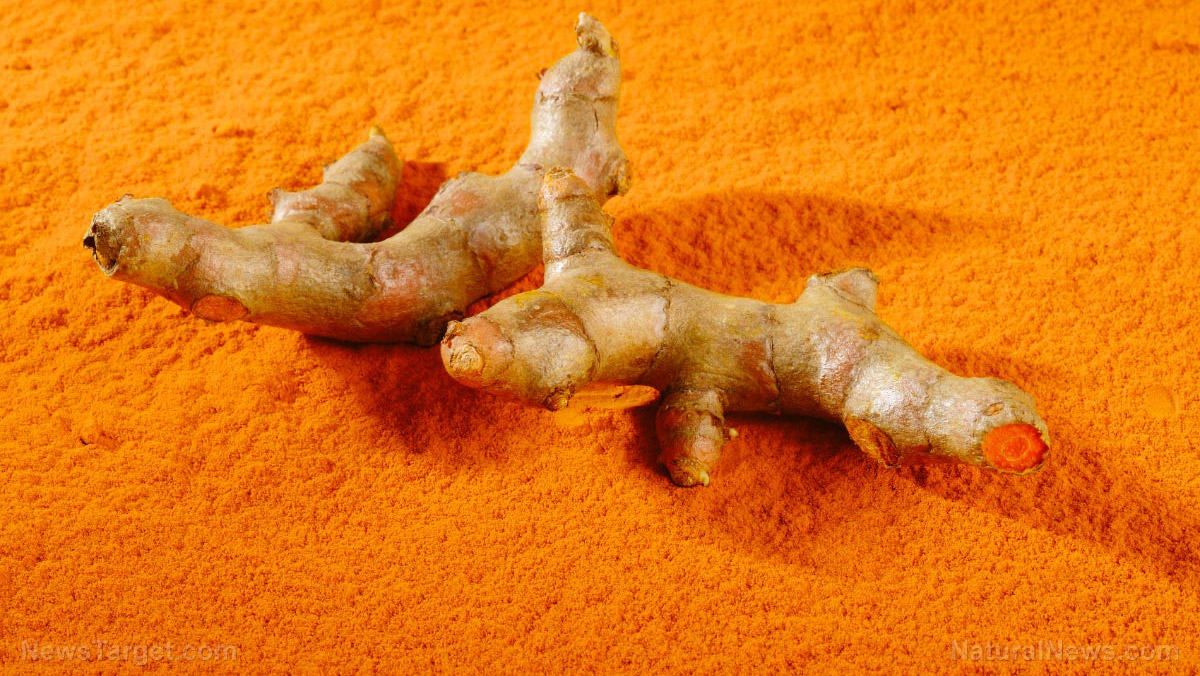How to increase your GABA levels naturally
10/21/2018 / By Ellaine Castillo

When it comes to brain function, it’s always important to maintain just the right balance of neurotransmitters so that the brain remains in top condition. One neurotransmitter whose deficiency has been linked to different mental conditions is gamma-aminobutyric acid, better known as GABA. Fortunately, there are many ways to increase GABA levels naturally.
Neurotransmitters are chemicals responsible for communication between brain cells. These can be classified based on what purpose they serve in the body. GABA, in particular, is the primary inhibitory neurotransmitter that is responsible for slowing down brain activity. Unfortunately, some people do not produce enough GABA due to factors such as diet, prescription of anti-anxiety drugs, lack of sleep, and immune breakdown of catalysts required for GABA production.
GABA deficiency has been linked to increased stress levels, anxiety, depression, and insomnia. Additionally, more severe disorders like autism, schizophrenia, and epilepsy have also been associated with GABA deficiency. To avoid GABA deficiency from progressing into these conditions, the following can help in increasing GABA levels naturally:
- Kava – This herb is commonly taken in the form of a relaxing tea. Multiple studies have shown that drinking it will partly relieve stress by increasing GABA levels. This effect is attributed to kavain, one of the six major bioactive compounds in kava. Additionally, kava has also shown potential against anxiety and ADHD. Kava has been proven safe for healthy individuals, but not for those taking other medications or those with liver disease.
- Psychobiotics – Psychobiotics are just probiotics with beneficial effects on the brain. Their way of helping includes the production of GABA, which has been observed in more than two dozen bacterial strains.
- Magnolia bark – Honokiol and magnolol are compounds found in magnolia bark that promote relaxation by binding to GABA receptors and serving as positive modulators. Traditionally, people drank magnolia bark as tea, but it is now commercially available as a supplement. In addition, magnolia bark is known for its anti-cancer and anti-inflammatory properties.
- Valerian – Similar to honokiol and magnolol, valerenic acid found in valerian also acts as a positive modulator for GABA receptors. It’s known to effectively treat insomnia, generalized anxiety disorder, and even pain in menopausal women.
- Lemon balm – Lemon balm contains rosmarinic acid, a psychoactive compound known for increasing GABA levels. It’s able to achieve this by preventing the conversion of GABA into L-glutamate.
- Exercise – Mental health can be improved through exercise by promoting well-being and reducing stress. If done regularly, it can even enhance GABA synthesis.
- Yoga – Studies have shown that yoga can effectively increase GABA levels by up to 27 percent after a session. In addition, meditation can also increase GABA levels while reducing the excitatory neurotransmitters cortisol and norepinephrine.
- Fermented foods – Aside from being delicious and rich in probiotics, fermented foods also reduce anxiety by improving GABA levels. It has been observed that the fermentation process also produces GABA.
- GABA-rich foods – Some examples of GABA-rich foods include apples, barley, beans, corn, kale, onions, potatoes, squash, tomatoes, and yam.
Generally speaking, most cases of GABA deficiency can be attributed to lifestyle. Fortunately, lifestyle improvements, such as taking herbal supplements or tea, exercising, and eating healthier, can also resolve GABA deficiency. (Related: Is your Paleo diet making you irritable, depressed and sleep deprived?)
Learn more about the different ways to increase GABA levels by visiting Brain.news today.
Sources include:
Tagged Under: Anxiety, autism, Brain, brain chemicals, brain function, brain nutrients, depression, Epilepsy, exercise, fermented foods, GABA, GABA deficiency, GABA-rich foods, gamma-Aminobutyric acid, inhibitory neurotransmitter, insomnia, kava, Lemon Balm, magnolia bark, natural remedies, neurotransmitter, psychobiotics, schizophrenia, stress, valerian, Yoga



















